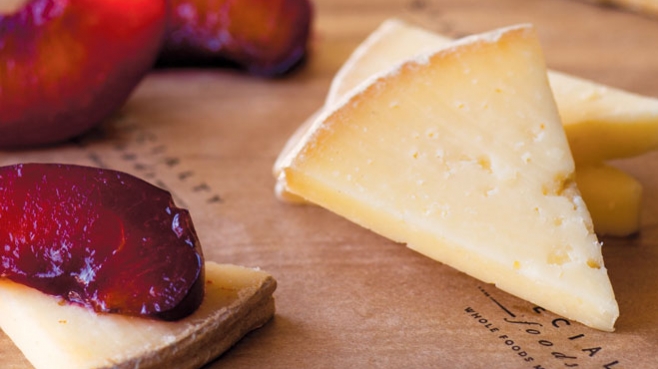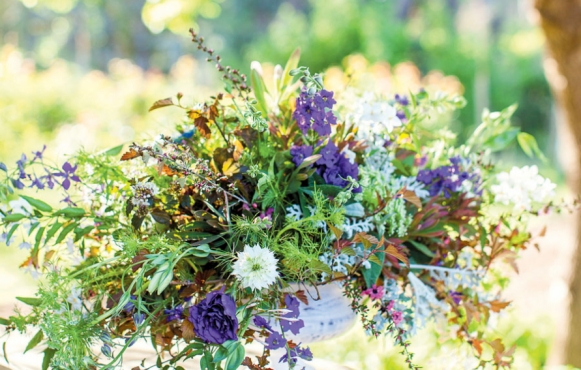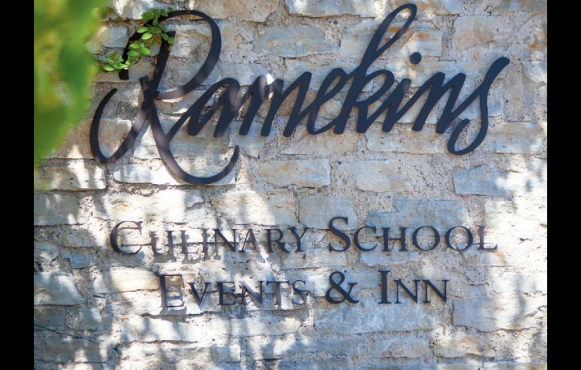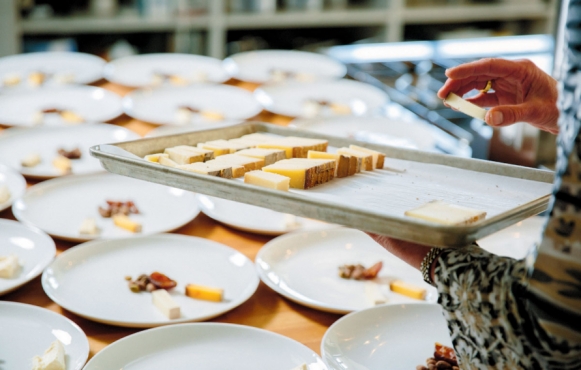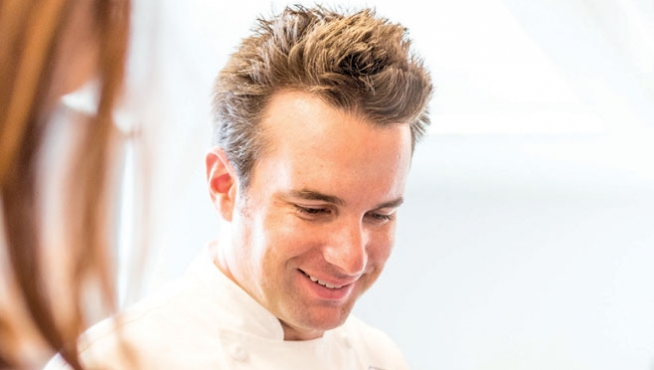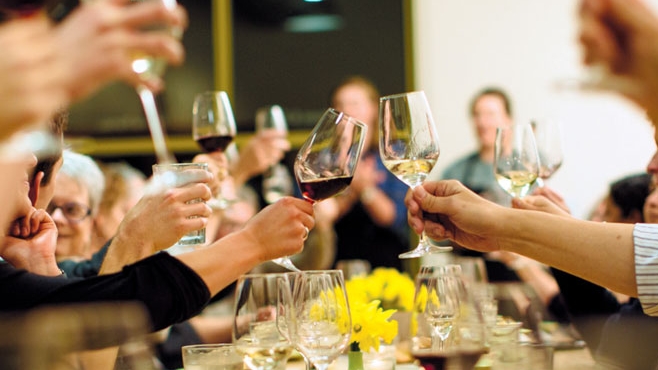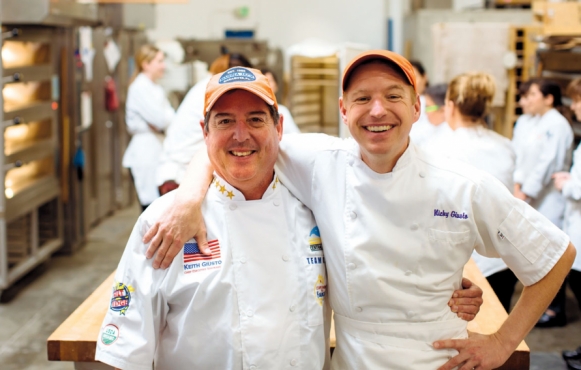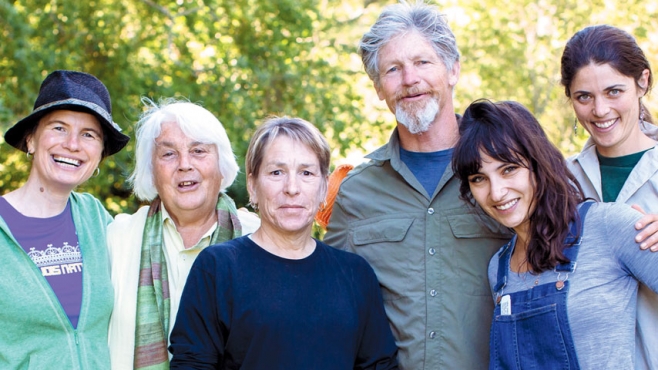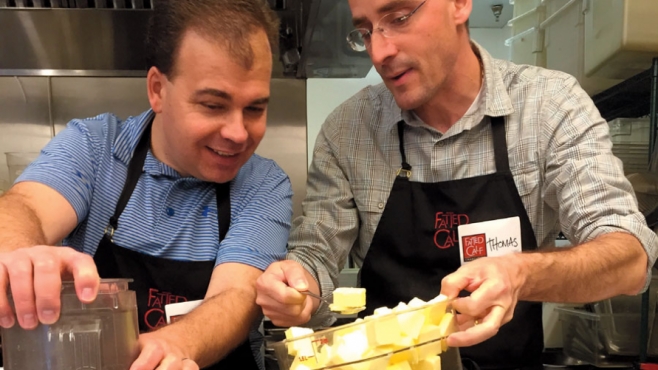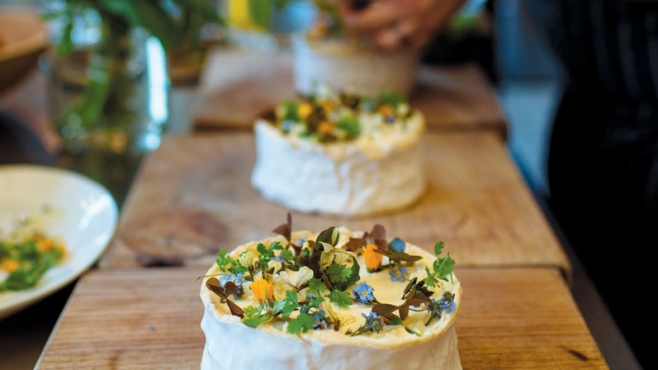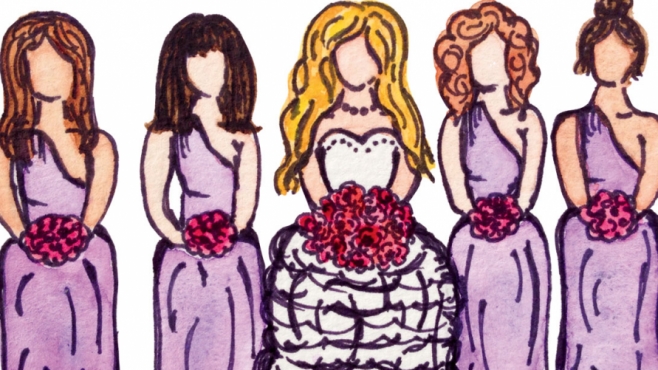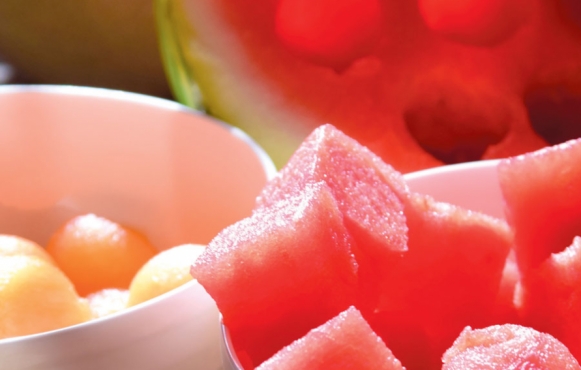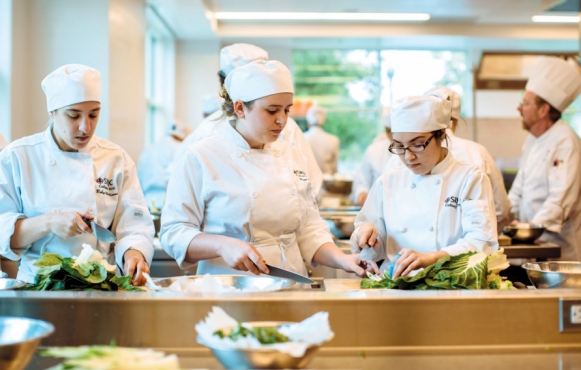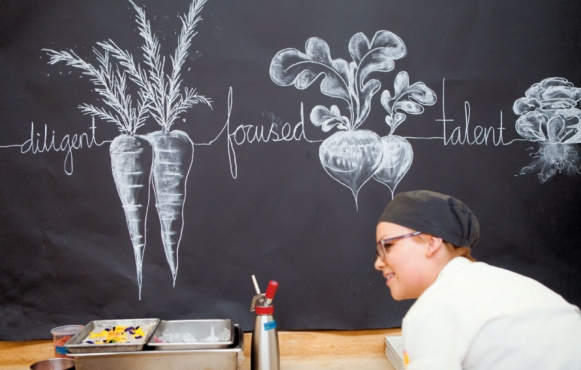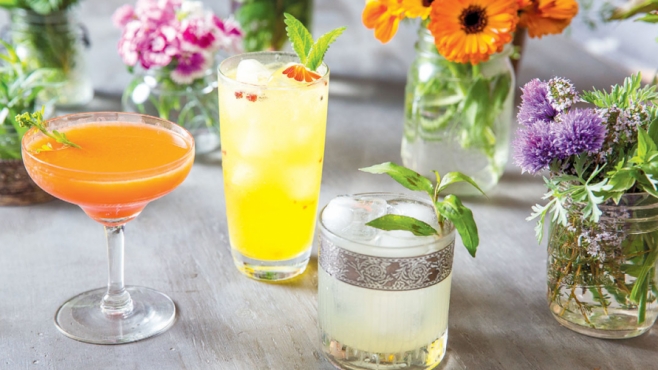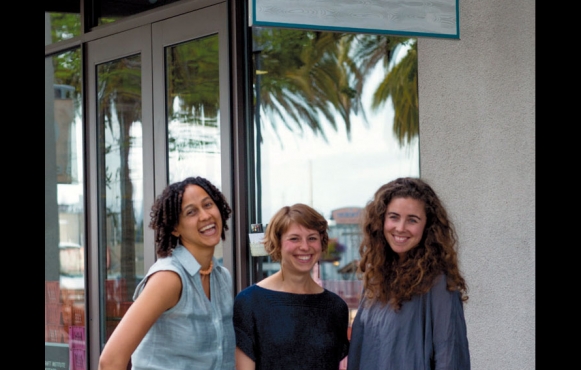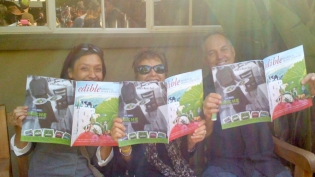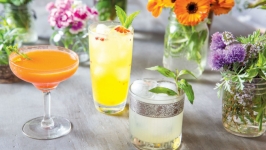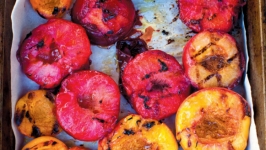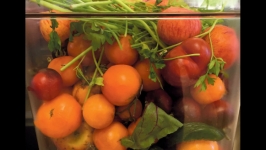Summer 2016 Issue
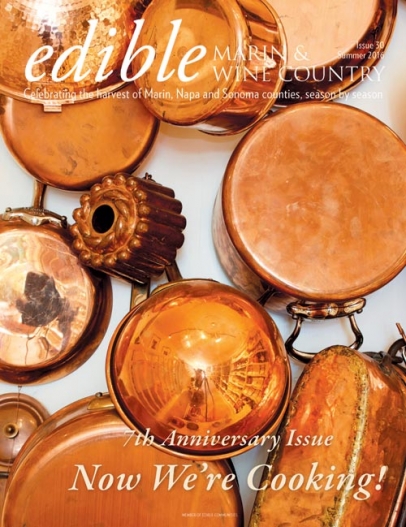
Edible Marin & Wine Country Issue #30 - Summer 2016
Grist for the Mill
When I was in college, the mother of one of my friends admonished, “Don’t tell anyone you like to cook, or you’ll have to do it!” The unhidden truth was, I loved to cook from a very early age. Cooking connected me to the land and the sea, to family, to happy childhood memories of my grandmother’s kitchen buzzing with activity and the anticipation of gatherings of friends and loved ones around the table.
Fast forward to my days as an overworked business attorney, and I literally counted the hours until I could luxuriate in a morning at the farmers’ market and the afternoon in the kitchen. Cooking as therapy, better than any “spa day” I’ve ever experienced. Now that much of my life literally revolves around food, I find a bit more time to cook, but not nearly enough for my liking.
Blessedly, there is nourishing food to eat whether or not I make the time to cook it myself. But when I slow down and consciously observe how and what I am eating, and how much of it, and how it makes me feel, there are profound differences in all respects. Food that I myself have prepared or participated in the preparation of, or that has been thoughtfully prepared by other human hands that I can identify—those of a cook, a chef, a friend—provides “emotional calories” that no mass-produced boxed or packaged or “fast” food delivers.
I recently heard a TED talk by the author of The Human Advantage: A New Understanding of How Our Brains Became Remarkable (MIT Press, 2016), based on the 2012 study that she co-authored, which posited that the discovery of the ability to cook food using fire was what set the human brain on a course to vastly and relatively rapidly outstrip the intelligence of our closest biological relatives, the great apes. When food is cooked, 100% of the nutrients are available to nourish our bodies and grow, specifically, the neurons in our brain. If we were eating only raw foods there would not be enough foraging hours in the day to supply the energy required by our brains, which are relatively large for our body size. The act of cooking is key to who we are.
So what happened?
It has become the norm to blame “big ag” and corporate food giants for the decline of home cooking, an almost 50% drop since the 1960s by most counts. But the reason for the decline is not that simple. These businesses are just that: businesses. They did not create products for which there wasn’t a demand. I do agree that they have been spending billions in marketing to increase that demand ever since, but we must look deeper.
In the post -WWII era, escalating throughout the 1960s and '70s, TV dinners and pre-boxed meals including a childhood favorite of mine, Hamburger Helper, seemed modern, “advanced” and exciting. My mother was of the first generation of women to work outside the home. “Homemakers” seemed old-fashioned, not “feminist” enough. Not quite ready to step into the kitchen themselves, their male partners welcomed these ready-to-eat meal alternatives.
Not to mention that these foods are tasty. Mega-food producers spend billions of dollars on research to make sure that they are. And on salt!
Today we are witnessing a return to the kitchen, by men, women and children alike. The reasons for this are as complex as the reasons we left. There are news reports of food scholars and activists who warn that the only way we are going to solve the problems of chronic illness, obesity and food scarcity, to name a few, is by getting back to cooking. In a backlash against the drive to do more, the “luxury” of time to cook means you have managed some level of “free” time in your life. The fact that the founder of social media sharing site Instagram was named one of the 50 most influential people in food in 2013 shows that cooking is not just socially acceptable again, it is a status symbol.
A few years ago some friends and I started a “cookbook club” that meets once a quarter to cook from the same cookbook and share the dishes with each other. People are literally begging to join. The times, they are a-changing …
Still, some (many?) are intimidated by cooking. In his docuseries Cooked, Michael Pollan suggests that a lot of this fear of failure comes from the recent crop of competitive cooking shows on TV—is someone going to yell at you to pack up your knives and throw you out of your own kitchen ala Gordon Ramsay if you burn the boeuf bourguignon, or if your souffle falls? No, and those fancy dishes may be better left for professional kitchens anyway. We still love them.
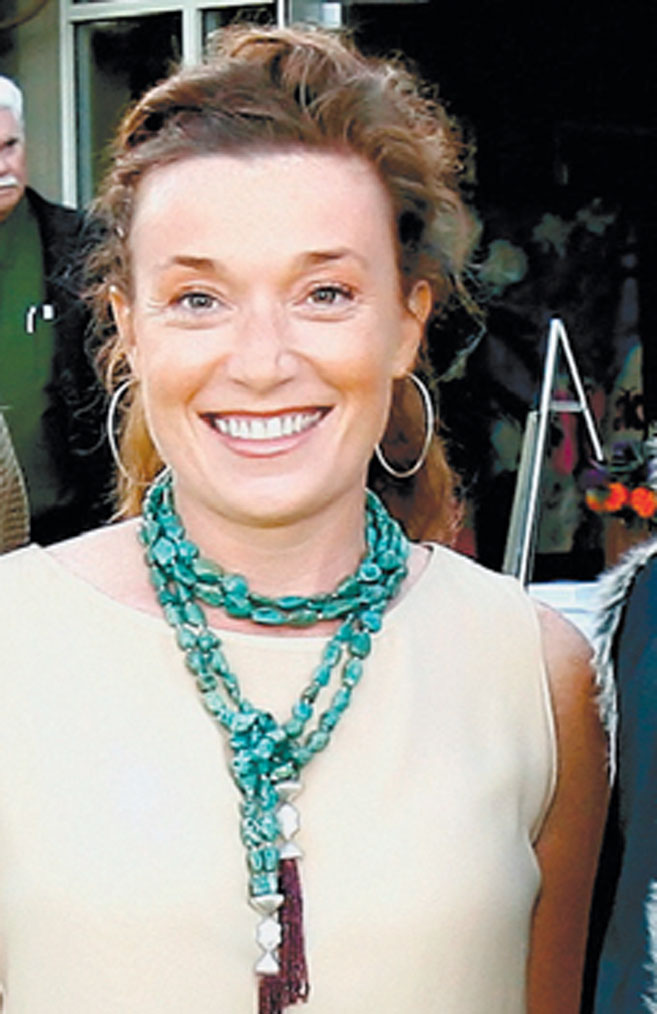 For this, our seventh anniversary issue, we bring you a wide and wonderful array of culinary schools in our area. From the vaunted CIA at Greystone, now offering day- or weekend-long boot camps for food and wine lovers who just want to have fun, to DIY cocktail classes, to wild food foraging forays, to kids’ cooking classes and camps, to community colleges that offer exceptional programs for aspiring professional chefs and farmers, to business of food courses, there is something here for everyone. We hope you will get out and enjoy some of these exciting offerings this summer, whatever your level of cooking prowess.
For this, our seventh anniversary issue, we bring you a wide and wonderful array of culinary schools in our area. From the vaunted CIA at Greystone, now offering day- or weekend-long boot camps for food and wine lovers who just want to have fun, to DIY cocktail classes, to wild food foraging forays, to kids’ cooking classes and camps, to community colleges that offer exceptional programs for aspiring professional chefs and farmers, to business of food courses, there is something here for everyone. We hope you will get out and enjoy some of these exciting offerings this summer, whatever your level of cooking prowess.
“Is there any practice less selfish, my time less wasted, than preparing something delicious and nourishing for the people you love?” A presumably rhetorical question posed by Michael Pollan in Cooked. The answer is simply, no. And now I have to run, my oven timer is going off …


